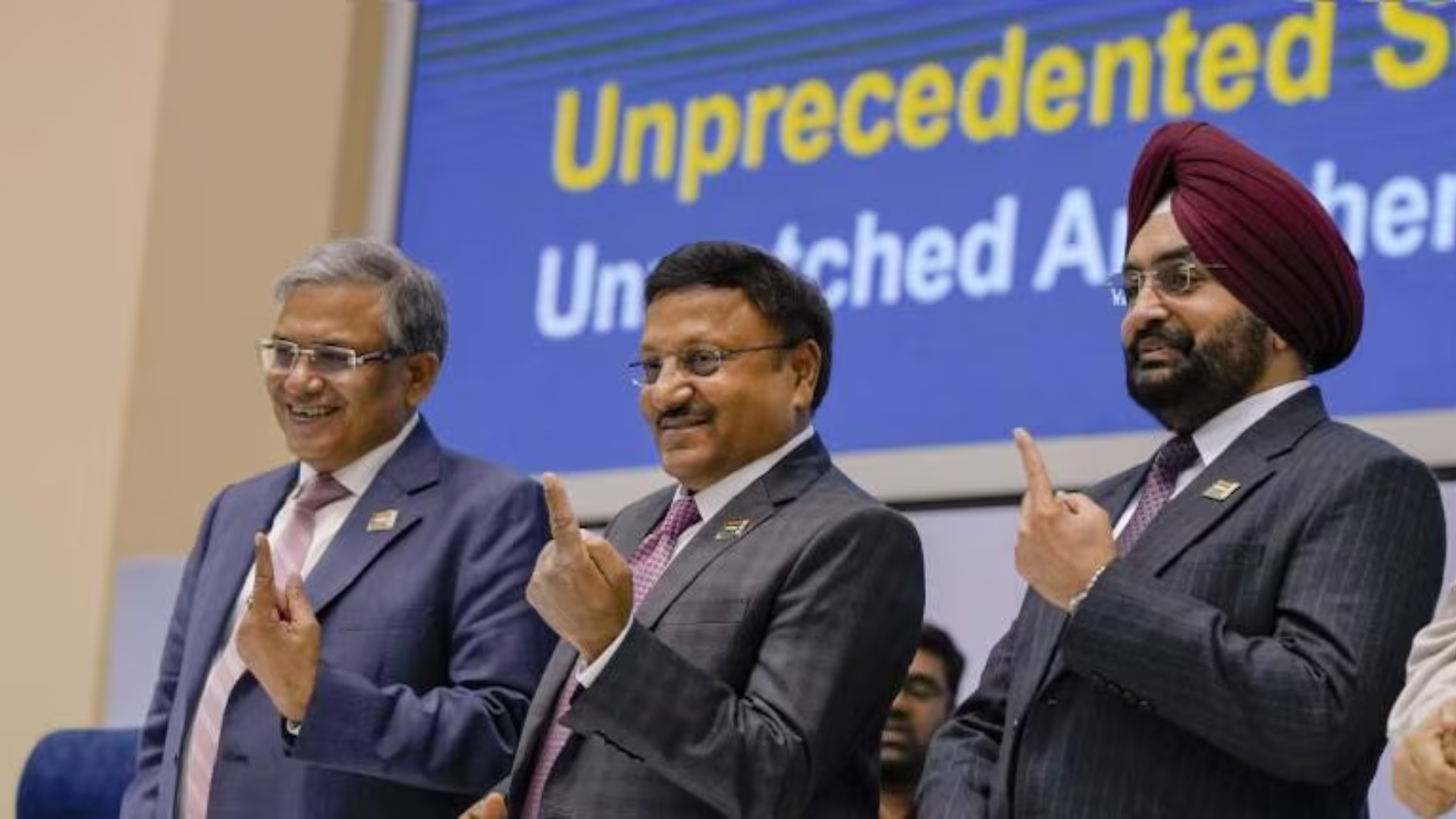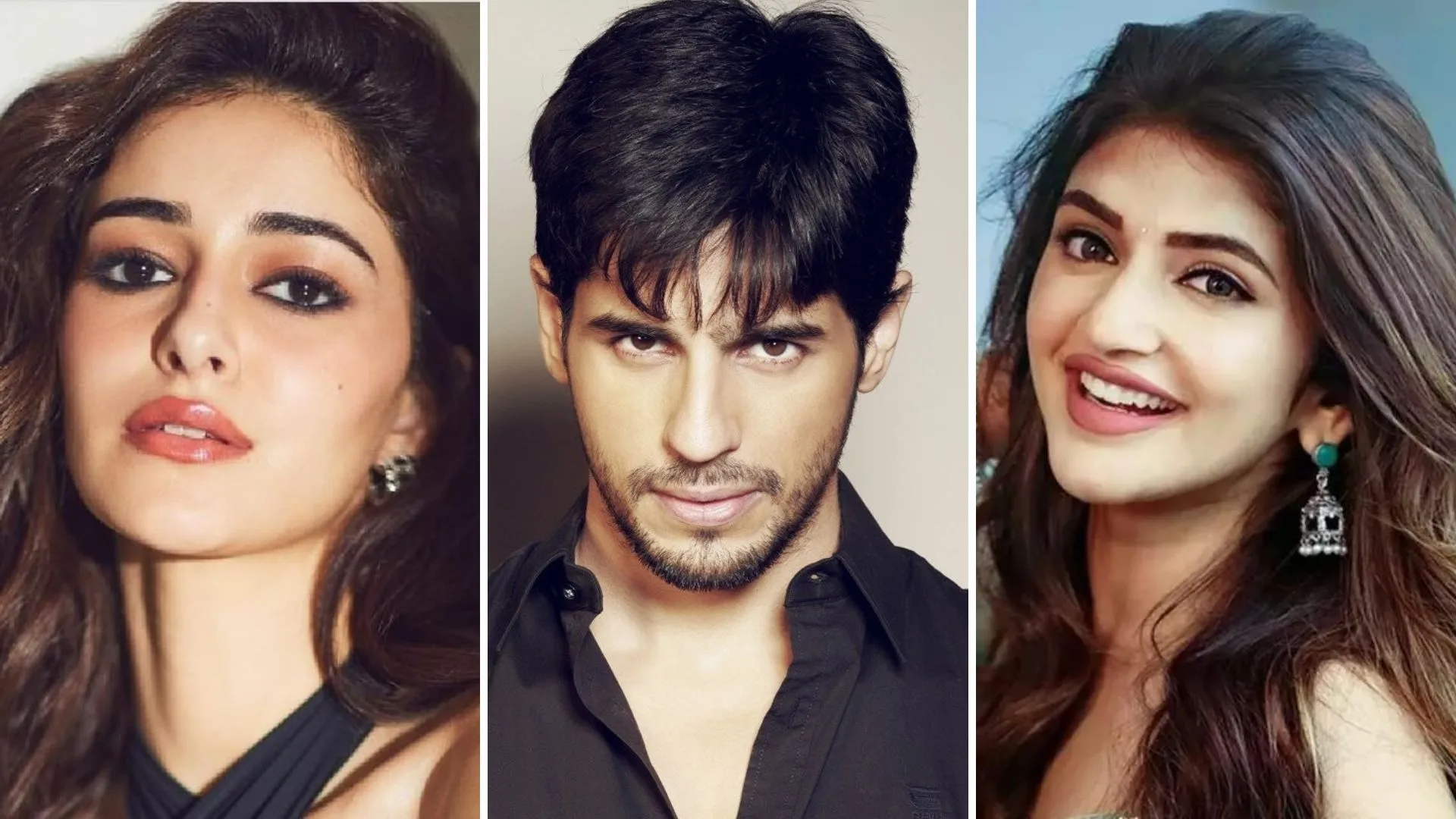The Election Commission of India has officially announced the schedule for the highly anticipated elections to the 18th Lok Sabha. In a notable development, the world’s largest democratic exercise will span seven phases, extending into the peak summer month of June. This extended election period marks only the second time in history that polls will reach into June, making it a significant event in India’s democratic landscape.
Seven Phases of Voting
The polling for the first phase is slated for April 19, followed by the second phase on April 26. Subsequent phases will occur on May 7, May 13, May 20, May 25, and June 1, respectively. This comprehensive seven-phase approach is aimed at ensuring a thorough and inclusive electoral process across the nation.
Second-Longest Election Period
The 44-day Lok Sabha election period is now the second-longest in Indian history, trailing only the inaugural Parliamentary elections held in 1951-52. The decision to extend the election period has been influenced by various factors, including a delay of six days in announcing the polls compared to the 2019 elections.
Reasons Behind the Delay
The delay in announcing the election schedule can be attributed partly to vacancies in the three-member poll panel. Following the unexpected resignation of Arun Goel, there were two vacancies in the panel. Anup Chandra Pandey had already retired on February 14, further contributing to the delay. The preference for having a full Commission in place for such a crucial electoral event led to waiting until the appointment of two new Election Commissioners, Gyanesh Kumar and Sukhbir Singh Sandhu, who took charge on March 15. Consecutive festivals such as Holi, Tamil New Year, Bihu, and Baisakhi in March and April also influenced the scheduling of the election. The Election Commission had to meticulously plan the timeline to accommodate these significant cultural events and ensure a smooth electoral process. The culmination of this extensive electoral process will see the counting of votes on June 4, marking the conclusion of one of India’s most pivotal democratic exercises.






















